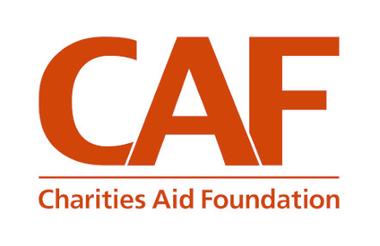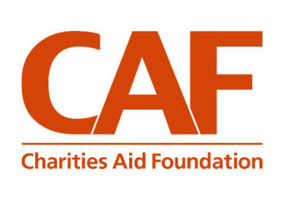A bank used by 14,431 charities and social enterprises has aimed to reassure customers of its financial position after reports of investment losses.
The Charities Aid Foundation responded to reports of “significant paper losses” on its subsidiary CAF Bank’s bond holdings.
CAF Bank’s annual report for the year ended 30 April 2023 shows that “the fair value unrealised loss on debt securities was £33.4m” during the year, compared with £17.4m in 2022.
In a recent article, the Financial Times reported that CAF Bank’s “unrealised losses echo problems at US regional banks including the now defunct Californian lender Silicon Valley Bank”.
However, the Charities Aid Foundation said that the losses were “theoretical” and that the bank “will get back everything it invested – an approach endorsed by its independent auditors”.
A CAF Bank spokesperson told the FT: “We’re entirely comfortable that the theoretical mark-to-market position is a technical issue and not a reflection of the capital strength of the bank. Our policy is that we maintain a very strong liquidity position at all times. This is set out in our annual accounts, which have been recently signed off by independent auditors.”
CAF Bank ‘can withstand a severe economic outcome’
The FT said in its article that “if CAF Bank were forced to sell its entire bond portfolio, its capital ratio — reserves as a percentage of its risk-weighted assets — would dip below its 14% regulatory requirement”.
CAF Bank’s recently published Pillar 3 report shows that all formal capital, liquidity and leverage metrics are “substantially” above their regulatory minimums, while its strategic report says that around 80% of its assets are “highly liquid, with liquidity buffer eligible assets of £1.29bn at 30 April 2023”.
Its board of directors also said that “the bank’s capital position can withstand a severe economic outcome, and further concluded that the likelihood of CAF Bank going into resolution due to a capital shortfall is remote”.
“Liquidity stress tests for varying levels of deposit outflows show the bank is able to survive an outflow of deposits exceeding 77% of balances,” they wrote in the report.
“The directors considered the level of unrealised losses attached to the bank’s portfolio of financial investments, noting this portfolio is used to manage the bank’s interest rate position and would be held to maturity in all but the most extreme scenarios. […] The directors consider it remote that the bank would need to realise any of these unrealised losses.”
‘The bank will get back everything it invested’
The Charities Aid Foundation told Civil Society that CAF Bank already has £20m of surplus capital and that the former has agreed to inject an additional £15m which will exceed the unrealised losses.
Neil Heslop, chief executive of the Charities Aid Foundation, said: “Everyone in the sector knows the valuable work that CAF Bank does to help charities serve their communities. Alongside the positive financial returns and strong capital surplus shown in the bank’s annual report, it has reported some theoretical ‘paper’ losses on bond investments.
“The important fact is that these bonds will always be held until they mature, so the bank will get back everything it invested – an approach endorsed by its independent auditors. As well as this, the Charities Aid Foundation has agreed additional funding that exceeds this theoretical loss when combined with the bank’s already significant surplus regulatory capital.”
Related articles











